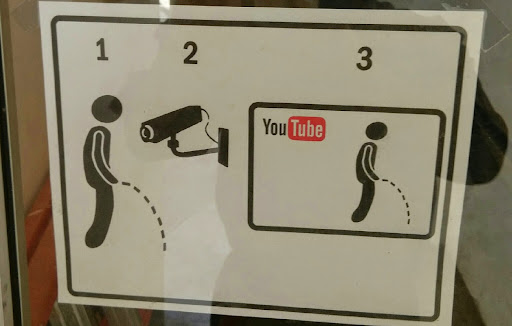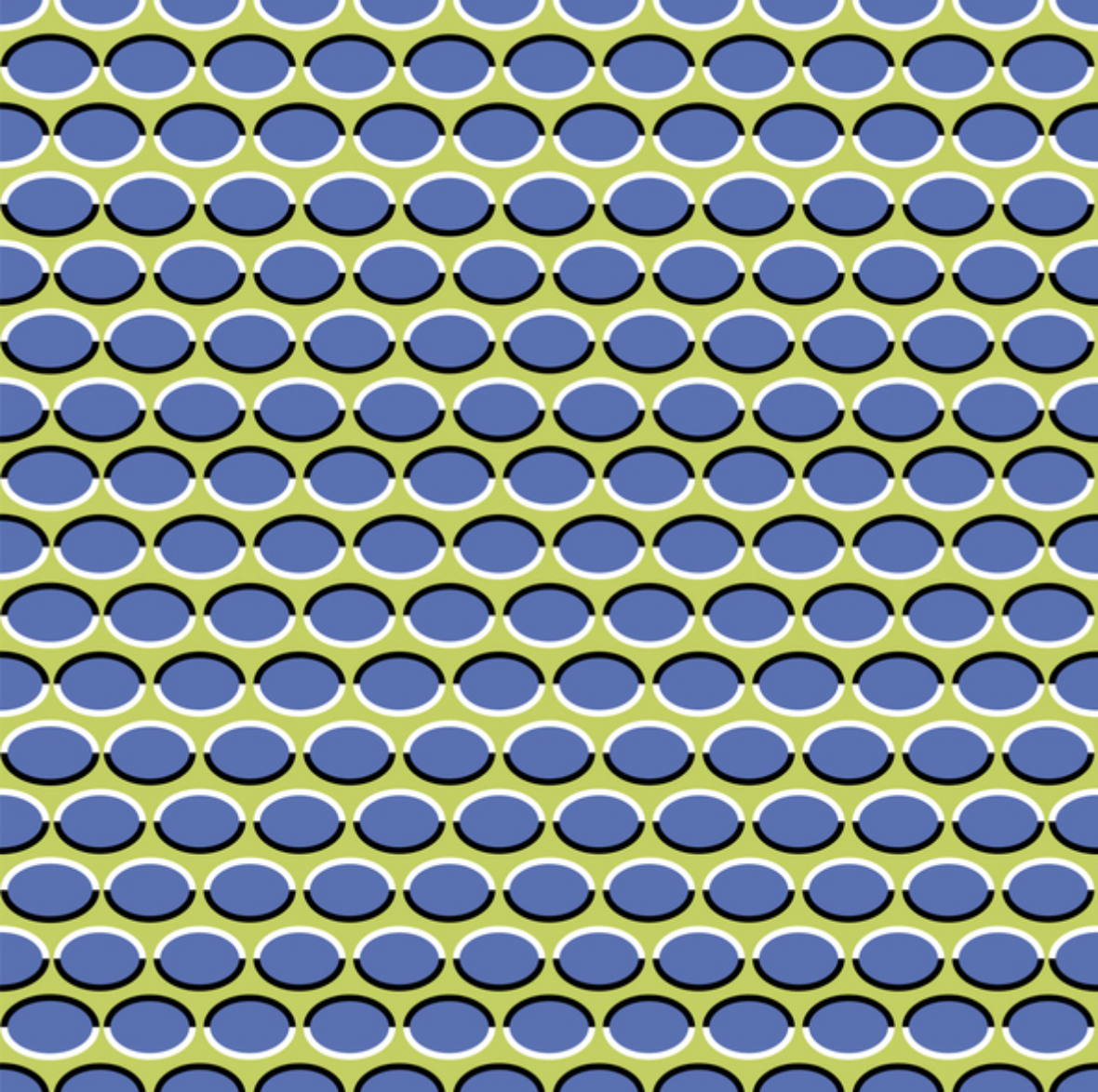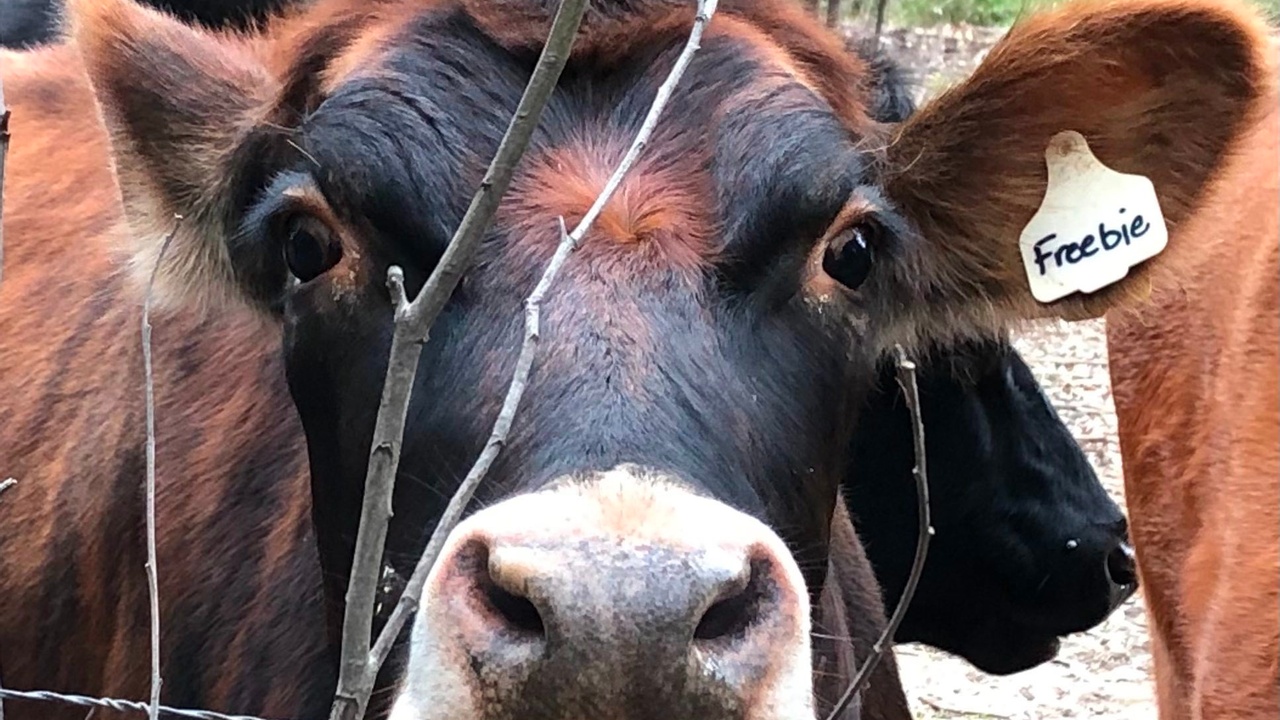Thermal barrier
The easiest way to endure an ice bath is to stay still.
A thermal layer forms, protecting you from the cold.
But the lack of movement becomes a problem the longer you stay in because you aren’t circulating blood as well to your extremities.
In business we might feel fine in our thermal layer. Comfortable even.
👉 But this is a long game. You’ve got to keep moving.
To disrupt the status quo and keep your business moving, see how to influence action.
Change management Vs. Behaviour change

Change management isn’t really about behaviour.
Back when I worked in corporate, we'd have rounds of Change Management.
Yes, that's Change Management with a capital C and M.
Because Change Management was a program of work. A process to shepherd the workforce from one system to another. This could be new software, new policies or a new management methodology.
That means it's about changing behaviour, right?
We participated in hours of briefings and brain storms to ensure we were engaged, rea...
How (not) to argue for change

Note: This article was written before the referendum was held. It has now been updated to acknowledge the referendum was resoundingly beaten, with 61% of Australians voting No and 39% Yes.
In business we spend a lot of time chasing ‘yes’.
Yes to buying from us. Yes to renewing. Yes to choosing us as their employer.
So it’s through this lens that I want to analyse the campaign for and against a Voice to Parliament. Behavioural science suggests that one side of the campaign has been much more ...
Doing hard things

I often talk about the need to minimise effort if we want behaviour to happen. The easier something is to do, the smaller the payoff for bothering needs to be.
But.
Sometimes we need to do hard things. We want to do hard things.
There’s the thrill of riding a roller coaster, the relief of passing exams and the satisfaction of climbing a mountain. The adrenaline of presenting your ideas to a crowded room.
In these cases, making the hard thing easy would negate its worth.
No one would rid...
Using punishment to change behaviour
Imagine you have a shop on the high street that is opposite a pub.
When you get to work in the morning the distinctly unpleasant stench of urine is there to greet you and your customers. Yuck!
You decide enough is enough, creating a sign like you spotted in San Francisco.

Here you are using the fear of public shaming to stop people peeing — threatening to post footage to YouTube so the pee-perpetrator will be embarrassed.
Your neighbour, Jill, is also sick of the pee and decides to do ...
Where use of behavioural economics goes wrong
There are three stages of using behavioural economics. In this video behavioural expert Bri Williams explains the one thing successful businesses do differently, how to move through each stage, and what to do at the critical juncture where you'll either succeed or fail.
We talk about different stages of grief and different stages of learning. Well in my experience, there are different stages of behavioural economics, too.
By the end of this video you’ll know the one thing businesses who use ...
Influencing skills 101: Squeezing the toothpaste
When we hear about behavioural science and evolutionary psychology, it can sound daunting and, worse still, far removed from our day to day decisions and interactions. Low on relevance, high on hyperbole.
But I’m guessing you are more familiar with the tenets of behavioural science than you realise. I’m even going to guess that you hold a lot of the insights into human nature in your hand, twice, maybe three times a day.
Ahh, the humble tube of toothpaste.
If you’re up for an experiment, paus...
How to get ahead of trends

Is the world moving more quickly, really?
I've been thinking a lot about the speed of change lately, largely because every book or podcast seems to lament how quickly things are moving and the challenge this poses in keeping up.
You've heard it too, no doubt. "Things were so much simpler 10, 20, 50 years ago".
Yes and no.
What if the pace of change is an illusion?
Like this. The image appears to be moving, but it's actually not.

Why we never get ahead of the curve
Where a lot of busines...
Breaking bad habits
What kind of habits do people struggle most with, and what can we do?
In this article I’m going to share three types of habits, and the best strategies to use with each.
A few years ago I wrote a book called The How of Habits, and since then I’ve provided a free “habits inventory” tool on my website that people can fill out to self-assess areas they’d like to improve.
I get the de-identified, aggregate data that indicates what people would most like to get on top of.
Before I share what t...
The ridiculous reason I became vegan

I never would have imagined I would become vegan, but as someone who is deeply into behaviour change I thought I’d share the reason it happened.
In case you are still a little fuzzy about what a vegan diet entails, it is plant-based without meat, eggs or dairy. I had become vegetarian earlier in the year so eliminating meat wasn’t a significant step. Dairy was. So why did it need to happen?
Ice cream.
I had developed an ice-coffee habit, enjoying one most lunch times. Was this a serious probl...

